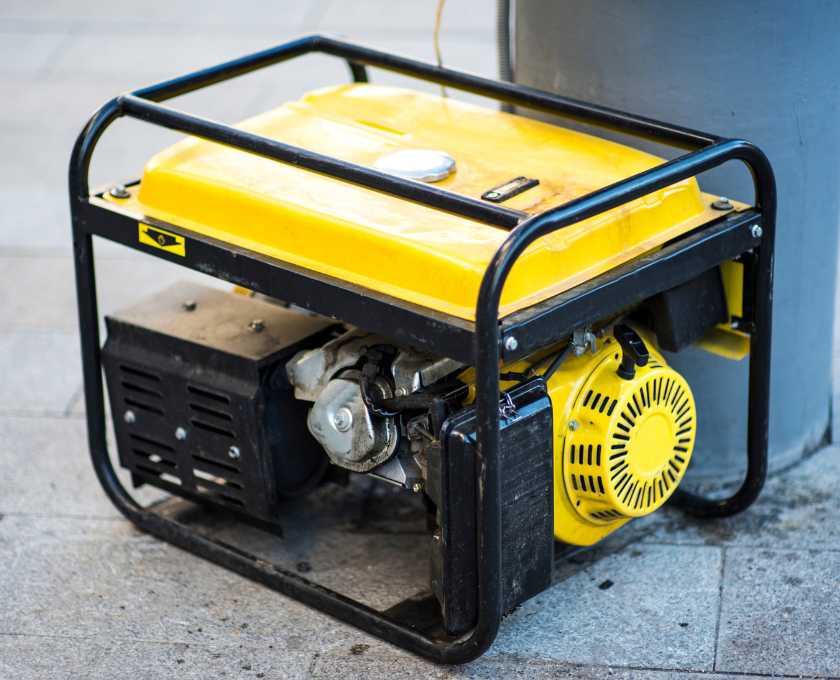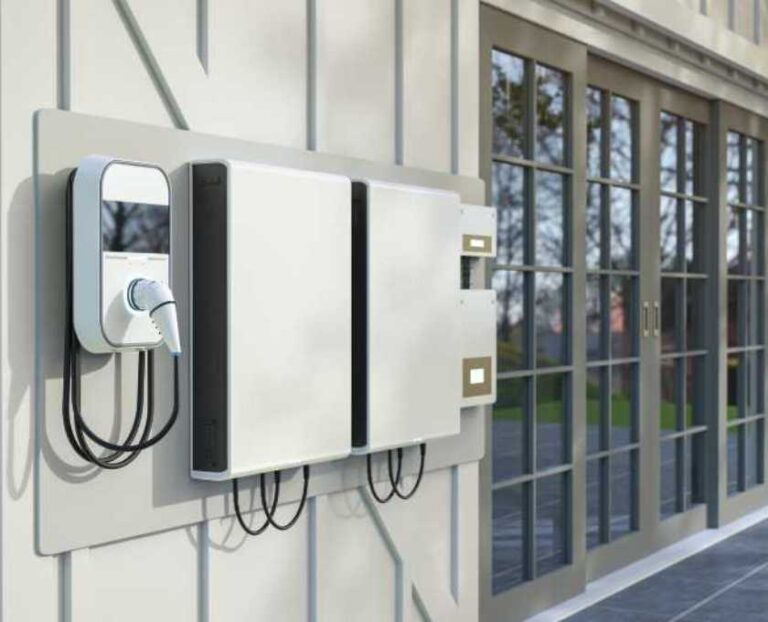Beautiful Plants For Your Interior

Comparing Solar-Powered Generators & Fuel Generators: Which Is Right for You?
Power outages remind us just how dependent we are on electricity, and why having a reliable backup power source is important.
A generator converts mechanical energy into electrical energy, supplying power when and where it’s needed. This makes generators essential tools for emergency preparedness, especially during outages caused by natural disasters, storms, or unexpected grid failures. Having a dependable generator helps maintain critical functions like lighting, refrigeration, communication, and medical equipment, providing both safety and comfort when the power goes out.
The two primary generators used in emergencies are fuel-powered and solar-powered, each with its own strengths and limitations. In this guide, we’ll compare both options to help you choose the best fit for your needs.
Solar Generators
Solar generators combine solar panels with battery storage, offering a clean and renewable energy source.
Key Benefits:
- No fuel required: Sunlight is free – eliminating fuel storage issues and concerns or supply disruptions during long outages.
- Safe and quiet: No carbon monoxide, fumes, or noise – making them safe for indoor use.
- Renewable reliability: Batteries recharge daily with sunlight – providing ongoing backup power for essential devices.
Drawbacks:
- Limited capacity: Power output and runtime vary by model so they are best suited for intermittent or low-wattage use.
- Sunlight dependent: Less reliable during cloudy weather or nighttime.
- Slower charging: Solar charging is slower than fuel refills or wall outlets.
Learn more about solar generators.
Fuel Generators
Fuel generators are the most common type, powered by gasoline, diesel, propane, or natural gas, depending on local availability.
Key Benefits:
- High power output: Capable of running large appliances and whole-home systems.
- Quick activation: Portable models offer fast setup and flexible fuel options during outages.
- Versatile use: Suitable for homes, job sites, remote locations, or wherever critical power is needed.
Drawbacks:
- Fuel dependency: Frequent refueling is required during extended outages, and fuel access may be limited or risky during and after disasters.
- Safety concerns: Must be used outdoors due to carbon monoxide emissions; improper use poses fire and health hazards.
- Noise and maintenance: Can be loud and require regular upkeep; safe fuel storage is also essential.
Learn more about fuel generators.
Comparison at-a-Glance
| Feature | Solar Generator | Fuel Generator |
|---|---|---|
| Energy Source | Solar panels with battery storage | Gasoline, propane, diesel, or natural gas |
| Power Output | Lower (300W–3000W) | Higher (2000W–10,000W or more) |
| Runtime | Continuous with sufficient sunlight | Continuous with sufficient fuel supply |
| Noise Level | Silent | Loud due to engine operation |
| Emissions | None | Produces fumes; not safe for indoor use |
| Maintenance | Minimal (solar panel cleaning) | Regular engine maintenance required |
| Portability | Varies; panels can add bulk | Bulkier and heavier |
| Charging Options | Solar panels only | Requires fuel |
| Cost | Higher upfront cost | Lower upfront cost, but ongoing fuel expense |
| Best For | Areas with reliable sunlight | Whole-house power, heavy appliances, long outages |
Conclusion
Combining both fuel and solar generators can provide the most reliable and flexible emergency power setup, as each type compensates for the other’s limitations. Fuel generators deliver high-wattage, on-demand energy with rapid refueling, while solar generators provide quiet, safe, renewable power that recharges without fuel – ideal for extended outages.
The right choice depends on your specific needs: power requirements, budget, available space, and access to fuel or sunlight. For many households, having both types of generators provide better coverage across a wider range of emergency scenarios – resulting in more self-reliance and peace of mind.
Ready to power up your preparedness? Explore generator options and build a system that suits your needs.


